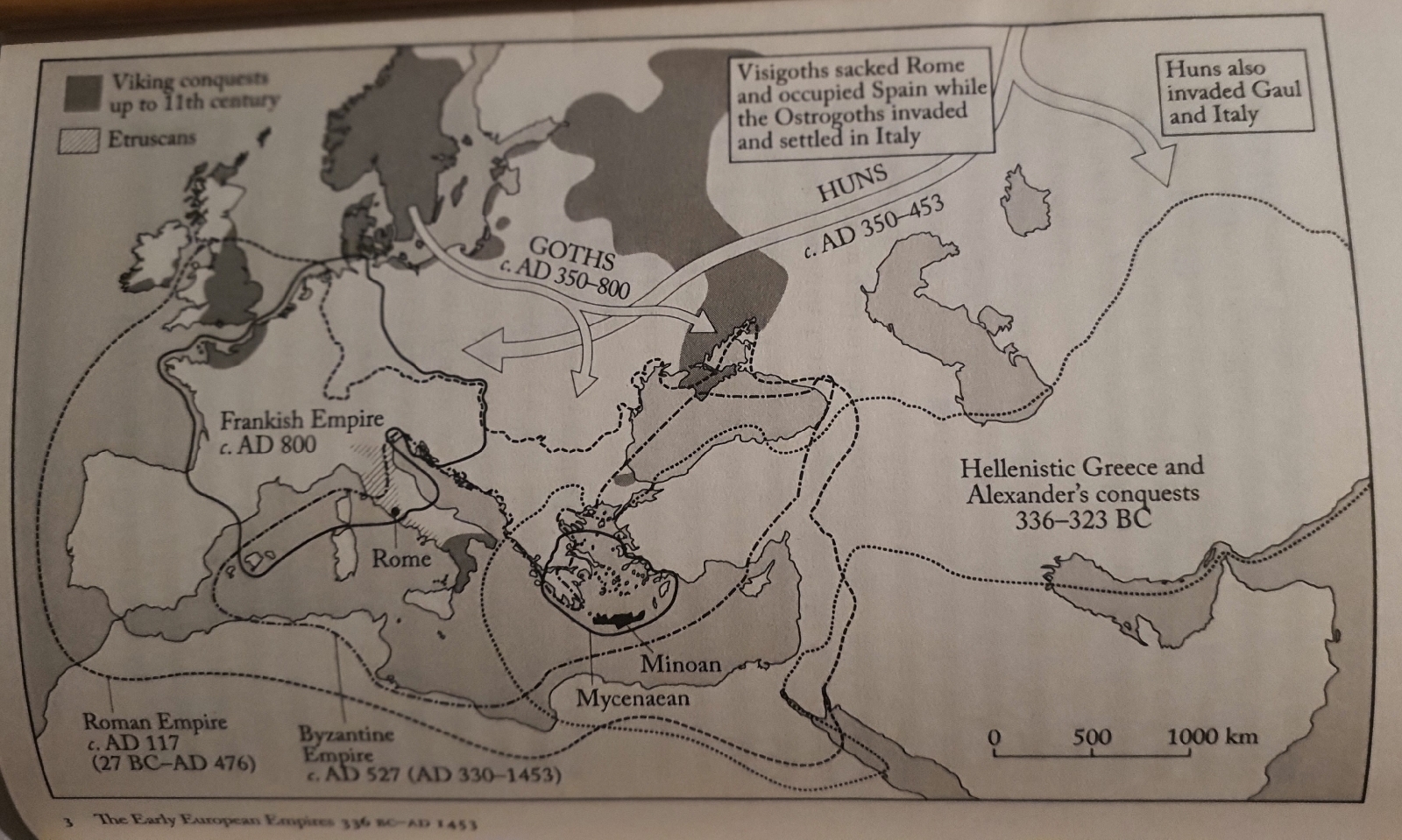Are Russian and Ukrainian people of common stock as Putin alleges?
Why is Russia Eastern Orthodox?
I found the answers in an airport book - here is what it says.
THE SLAVS AND MAGYARS
The Slavs were a broad group of peoples (whose history and origin are largely undocumented) who spoke a variety of Slavic languages of Indo-European descent.
Also known as the Antes or Venethi (among numerous other names), they migrated westward during the great migrations of the fifth and sixth centuries AD, settling in the regions of the Baltic, the Elbe, the Rhine (laying siege to Constantinople in AD 540), the Adriatic and the Black Sea. Thereafter, they established various Slavic states, to include the first Bulgarian Empire in AD 681 where the Slavic language of Bulgarian was spoken. The missionary activities of Byzantium (namely by the brothers St Cyril and St Methodius, who are credited with having invented the earliest Slavic alphabet) led to the southern Slavs joining the Eastern Church in the ninth century.
The eastern Slavs occupied the river valleys of the Black Sea and the hills near Kiev, and their early settlements and towns formed the basis of future Russia. In the ninth century, the Vikings sailed up the long Russian rivers to conquer the eastern Slavs, selling some of them as slaves to the south (the name Slav eventually became synonymous with 'slave'). The Nordic and pagan influence of the Vikings continued for another century, although relations between Byzantium and Kiev strengthened steadily throughout the tenth century, culminating in AD 987 when the Russian prince Vladimir finally accepted Orthodox Christianity for himself and the Russian people (a turning point in Russian history and culture).
Another Eastern European people known as the Magyars who had in the ninth century settled in Hungary and Romania (from the area of the River Volga in Russia) advanced into central and Western Europe just as it was being plagued by Viking raids. In AD 955 they were finally defeated by the German king, Otto I, at the Battle of Lechfeld. Otto in turn conquered the lands from the Rhine to far beyond the Elbe (and overwhelming, also, the Slavs who lived there).
THE GREAT SCHISM
Increasing theological and political differences between the Byzantine Eastern Churches and the Western Roman Church led to a final and permanent separation between the two in 1054, a watershed in Church history known as the Great Schism (or East-West Schism).
The estrangement between Constantinople and Rome had been brewing ever since the division of the Roman Empire into east and west and the transfer of the capital from Rome to Constantinople in the fourth century. Constantinople's increasing power and its pre eminence as the battleground between Islam and Christianity threatened the position of the Roman Church. And yet, unlike its Western counterpart, the Eastern Church was increasingly rocked by violent theological dispute amongst its patriarchates.
The cultural and linguistic differences of the east and west - Eastern theology had its roots in Greek philosopy whereas Western theology was based on Roman law - increasingly led to a different understanding of Christian doctrine, most notably over papal primacy and the procession of the Holy Spirit from the Father and Son (the Roman Church incorporating the Son into their creed).
Matters came to a head in 1054 when Pope Leo IX and Patriarch of Constantinople Michael Cerularius suppressed Greek and Latin in their respective domains. This led to the two Churches, through their official representatives, excommunicating and denouncing each other. Constantinople later became known as the Eastern Orthodox Church; the Western Church as the Roman Catholic Church, and the rift between the two has never been healed (although in recent years dialogue has been reopened, with the excommunications revoked by both Churches in 1965).









0 comments:
Post a Comment
Keep it clean, keep it lean